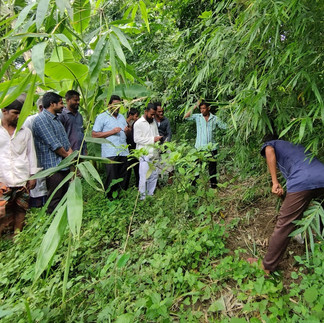
Clean air is our right — it keeps us healthy, protects our planet, and gives us the chance to breathe freely and live fully.
Let’s take action together: plant trees , reduce pollution and protect the environment.
Because a cleaner today means a healthier tomorrow.















